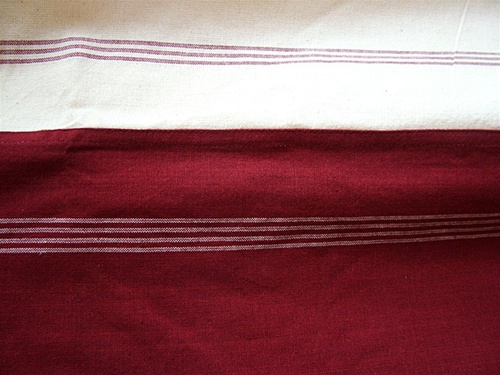This is the first of a series of articles that I will be posting this month as a guest-contributor for Savage Minds. In each post I will be sharing some preliminary and open-ended reflections relating to my research on Tibetan diaspora, esotericism, and the globalization of Tibetan culture. This week, I’d like to introduce readers to the non-celibate Tibetan religious specialists known as ngakpa (literally mantra or ‘spell’-users in Tibetan, sngags pa) who are the focus of my current doctoral dissertation fieldwork with Tibetan refugees in India and Nepal.

Mass monasticism has often been used as a shorthand for Tibetan civilization in general. Over the last few decades in particular, large-scale Buddhist monasteries, whether in diaspora or in Chinese-occupied Tibet, have become key symbols for the continued vitality of Tibetan culture in the face of adversity. Yet even so, for centuries, ngakpa have existed in Tibetan societies as an alternative, smaller community of religious professionals, who though they are not monastics, nonetheless embody many of the possibilities and particularities of Tibetan culture life. Like monks and nuns, ngakpa are professional Buddhist renouncers, individuals who have taken formal vows to devote their lives to religious attainment. Unlike monastics, however, ngakpa are non-celibate and can engage in activities forbidden to the monastic community. Ngakpa thus straddle lay and monastic worlds and reside in a shifting third space of both accommodation and resistance to more centralized political and religious institutions. While monastics are the ‘yellow’ clothed community (ser) and laypeople are ‘grey’ householders (mi skya), i.e. clothed in no particular religious uniform, ngakpa, with their long hair and white and-red cotton shawls and robes, are known as the gos dkar lcang lo sde, the ‘white-robe, dreadlock [wearing] community’ of non-celibate yogis. Able to marry, have families, and pursue worldly work, ngakpa nonetheless spend much of their time in study, meditative retreat or working as ritual specialists for hire. Continue reading